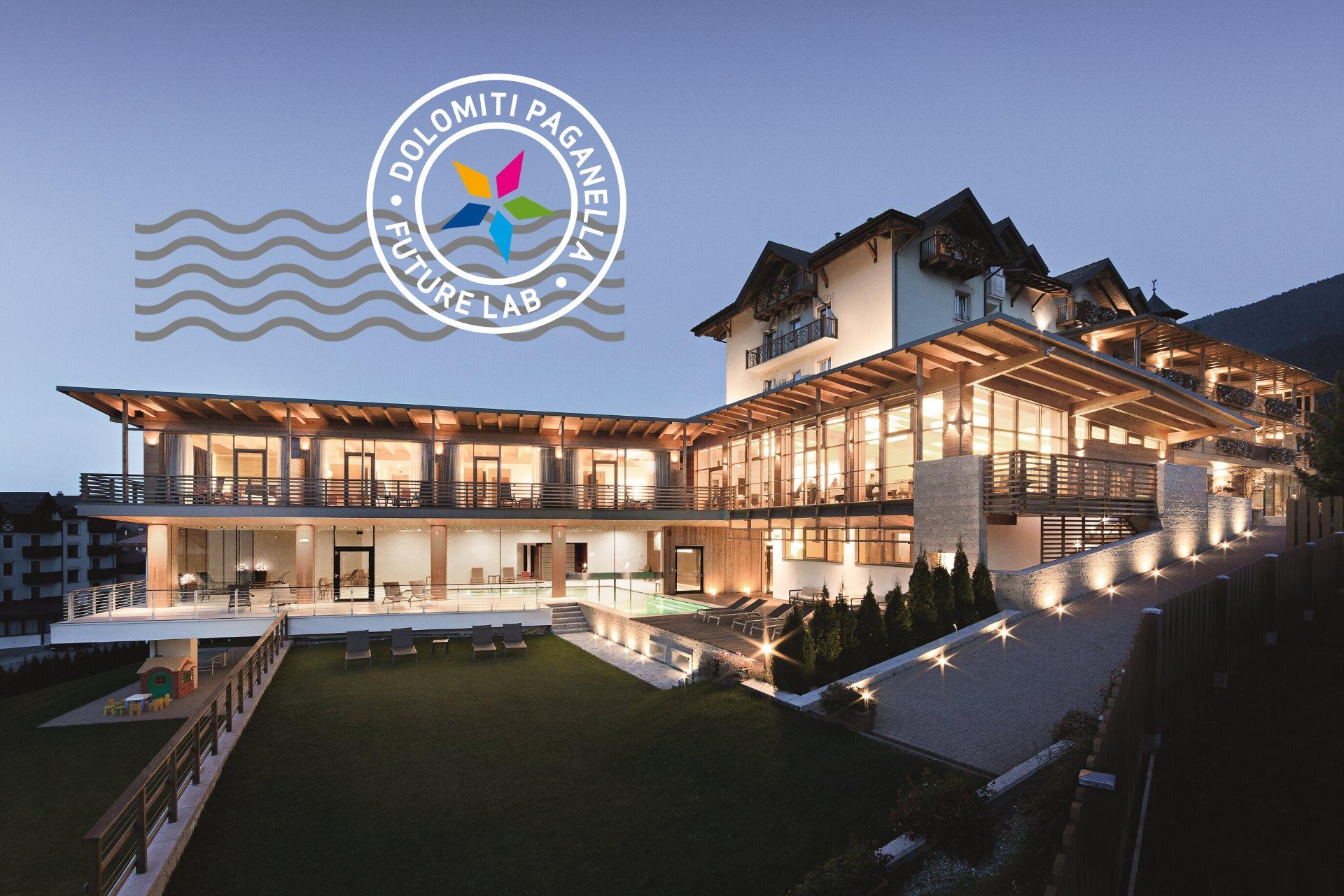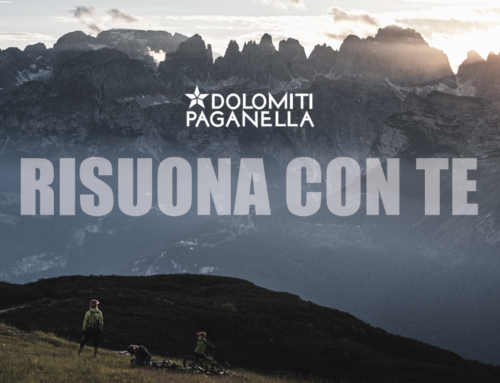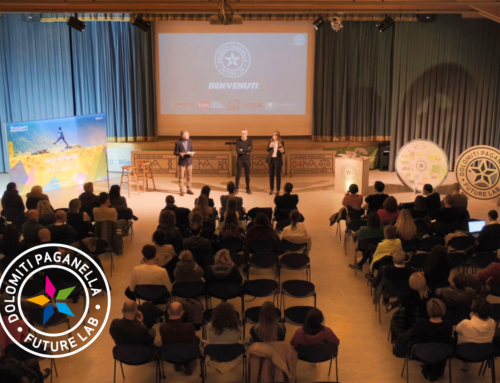The ability to innovate has become one of the determining factors for the development of the tourist and accommodation sector. Generally speaking there are eight areas in which accommodation facilities can try to innovate: energy savings, water management, reducing waste, use of sustainable products, networked hotels, reduction of food wastage, promoting a culture of sustainability, and eco-sustainable tours and activities. Energy saving measures are particularly lacking in Italy.
The environmental impact of the tourist sector, and specifically of accommodation and catering facilities, is mainly due to:
- High electrical consumption of hotels (about 110 kWh/m2 per year);
- Excessive water consumption;
- Carbon dioxide emissions (according to a recent analysis of the UNWTO, tourism contributes 5% of world CO2 emissions);
- Extreme wastage of food (about a third of the food prepared is lost or wasted).
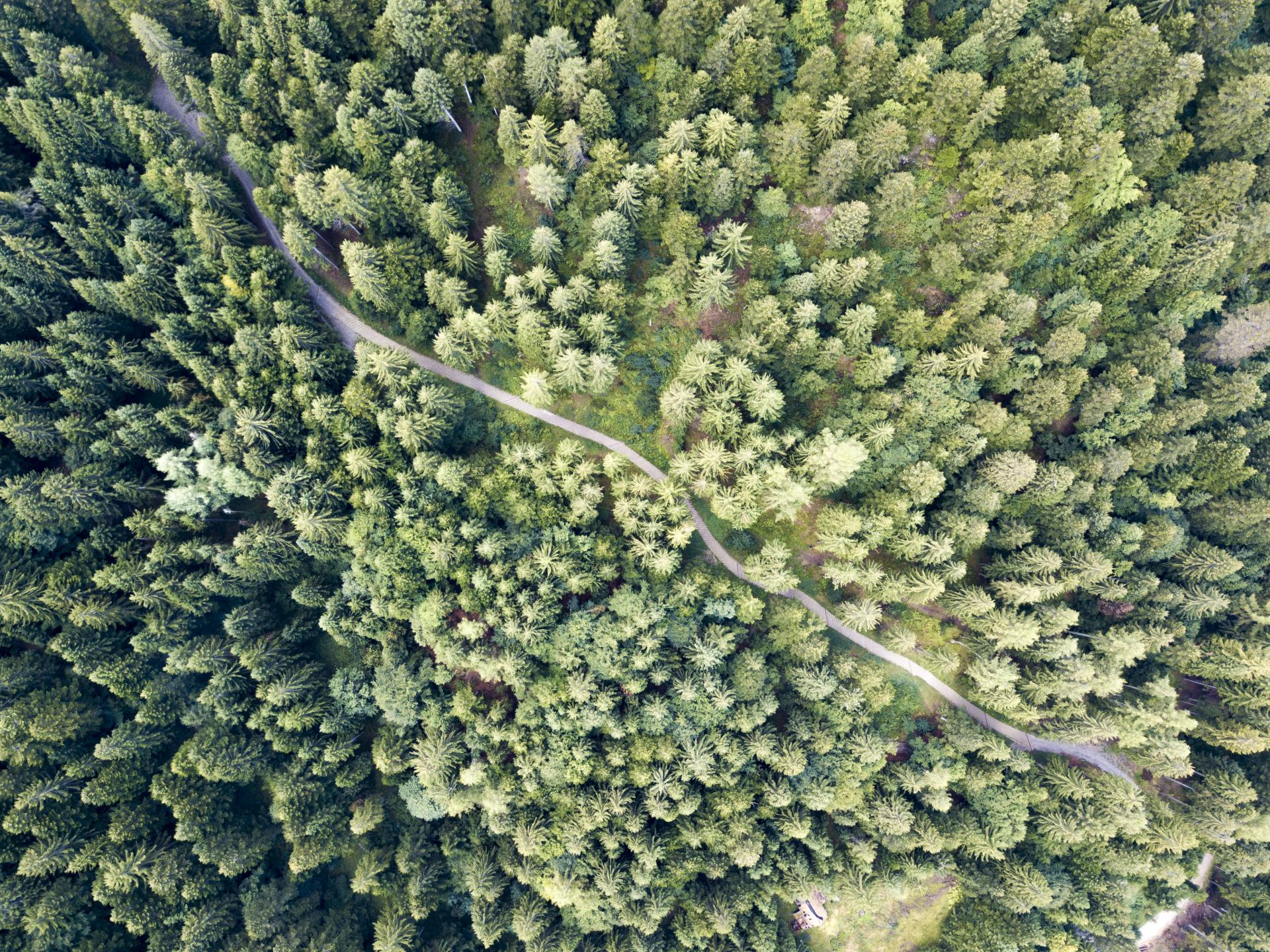
WHAT DOES INNOVATION MEAN IN THE CONTEXT OF TOURISM?
Innovation does not refer exclusively to technological modernization, but includes environmental and social sustainability, and new business concepts. Commitment to sustainability is still very limited in Italy. There are only 15 Italian hotels holding EMAS (Eco-Management and Audit Scheme) certification, compared to 74 in Germany. An orientation towards sustainability means striving to satisfy the needs of tourists and local people without compromising the environmental and cultural heritage of the location.
HOW DO YOU BECOME MORE SUSTAINABLE?
Sustainability awareness must first develop inside an organization before it can be successfully expressed externally. There must be coherence between the corporate spirit and performance in order to be credible to customers. The first step is internal training to bring about the so-called mind-set adjustment for all personnel at all levels, followed by development of sustainability focused strategies that are directly shared by all. A useful support to help achieve this is “My Green Butler“, a service that encourages users to change consumption behaviour, providing made-to-measure training courses for staff and management.
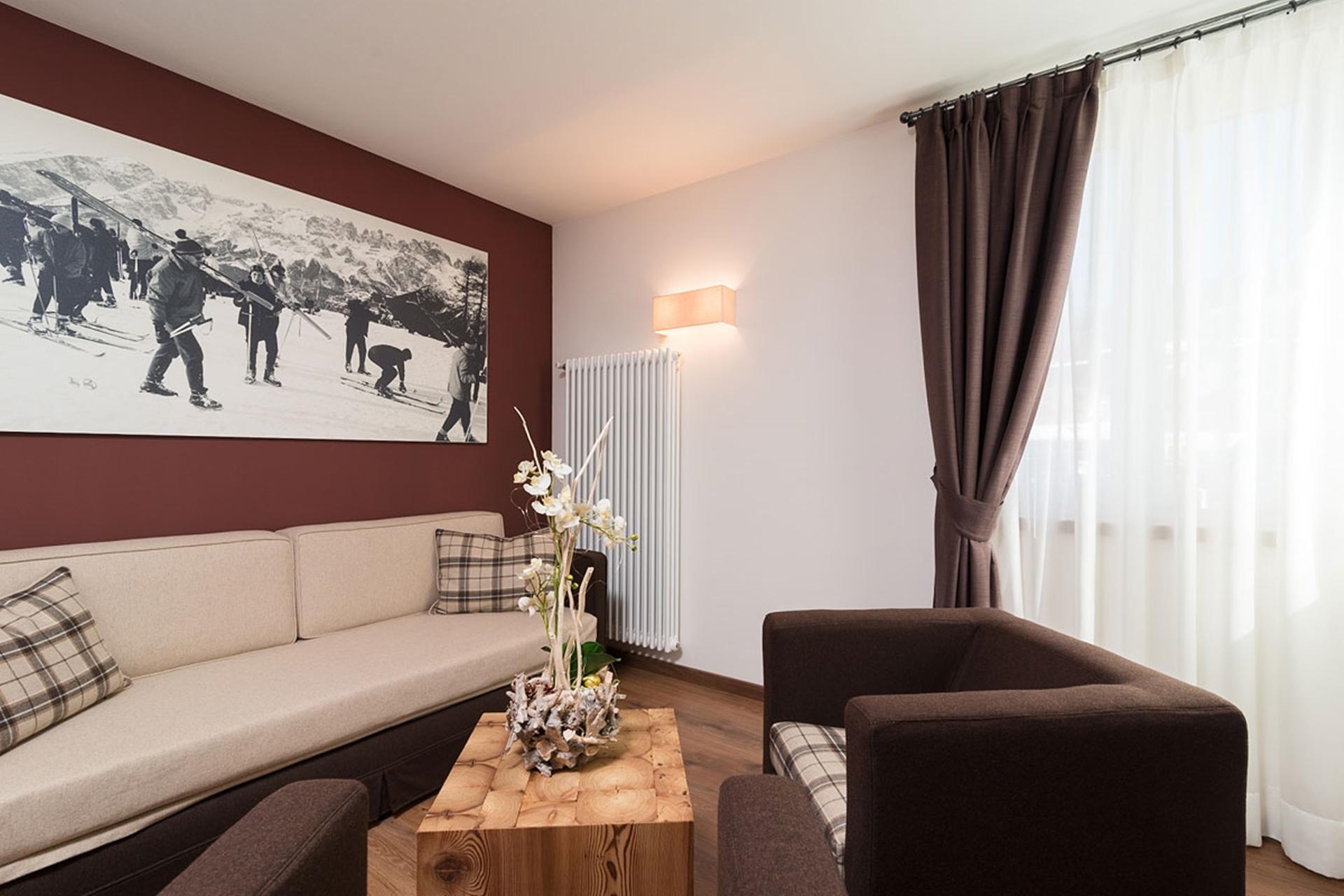
WHY INVEST IN SUSTAINABLE INNOVATION?
It is the visitors themselves who increasingly request a more sustainable tourist sector. A recent analysis of Booking.com found that, “acting now and making sustainable choices to preserve the planet for future generations”, is a priority for 72% of travellers. Research also reveals that 53% prefer purchasing local products rather than mass produced souvenirs. Furthermore, a recent report from the LifeGate Observatory stated that 28% of Italians interviewed already choose to stay at accommodation that cares for the local area.
It is no surprise that numerous catering and accommodation facilities have already made sustainability central to their identity and service. One example is the Lefay Resort on Lake Garda, who have managed to compensate their CO2 emission by 100% and obtain most of the energy they consume from renewable sources.
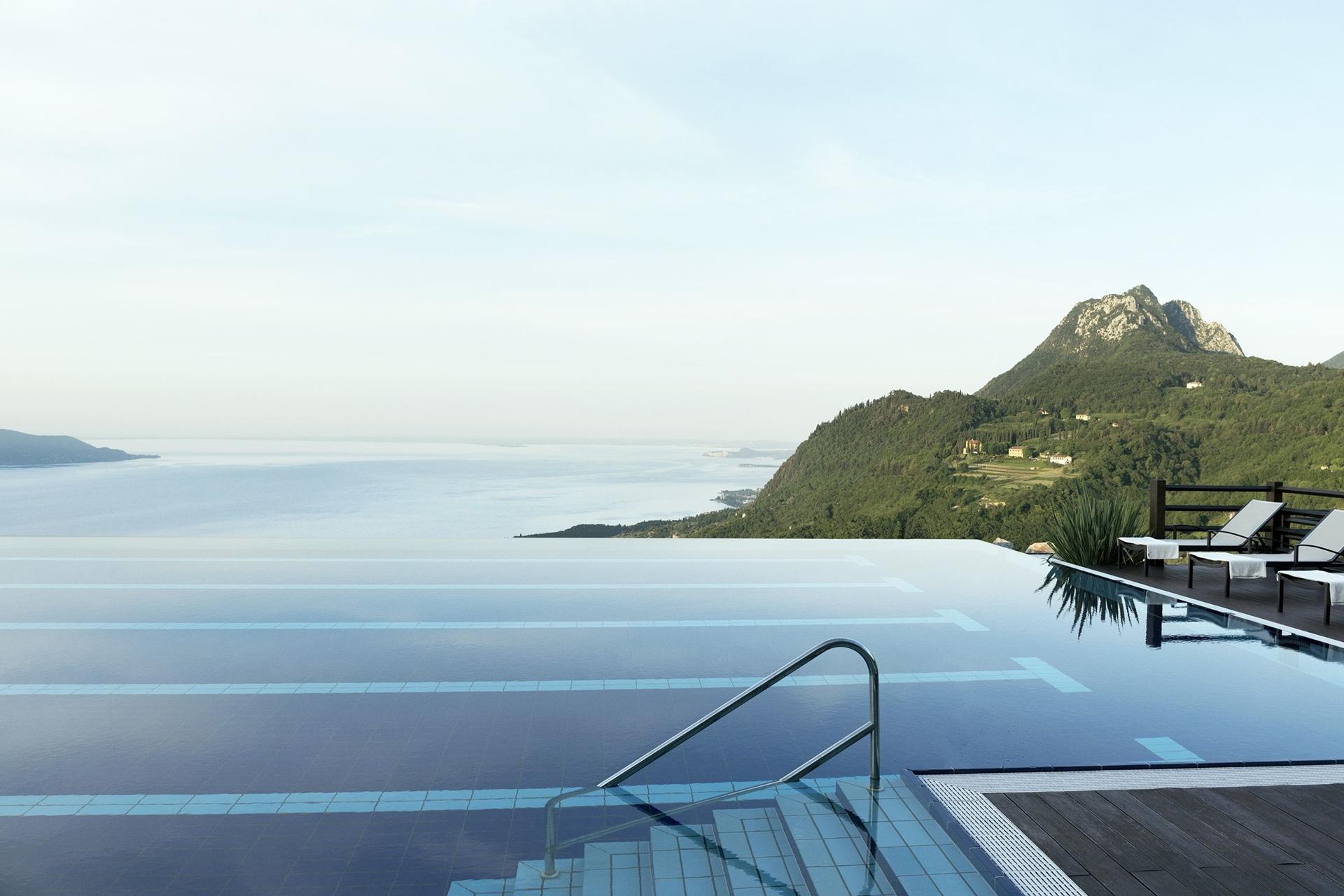
Another two examples worthy of note:
– An antique stone Alpine farmhouse transformed into an organic farm guesthouse surrounded by the Lessina forests: the Agriturismo Malga Riondera, fully renovated according to the principles of eco-building.
– A special Biohotel in Austria: Biolandhaus Arche, classified as one of the 30 most attractive Eco B&B’s.
However, when talking about sustainability it is important to remember that the objective is not only reducing environmental impact but also increasing social impact. The social impact of tourism here means, “the totality of effects on the local community […] that derive directly or indirectly from the relationships between the local community and the tourist population” (Gubert and Pollini 2002 p. 58).
There is increasing experimentation in the aspect of interaction between tourists and holiday resort residents. Accor are developing packages that aim to generate moments of socialization between residents and holiday makers. The same spirit underlies certain initiatives already underway in our area, like the Top Experience project, and the Ambassador campaign. This is a way to connect visitors to the social ecosystem of our resort, firstly hotel keepers and tourist operators, but above all local residents: a hot theme that we are addressing in the Dolomiti Paganella Future Lab.
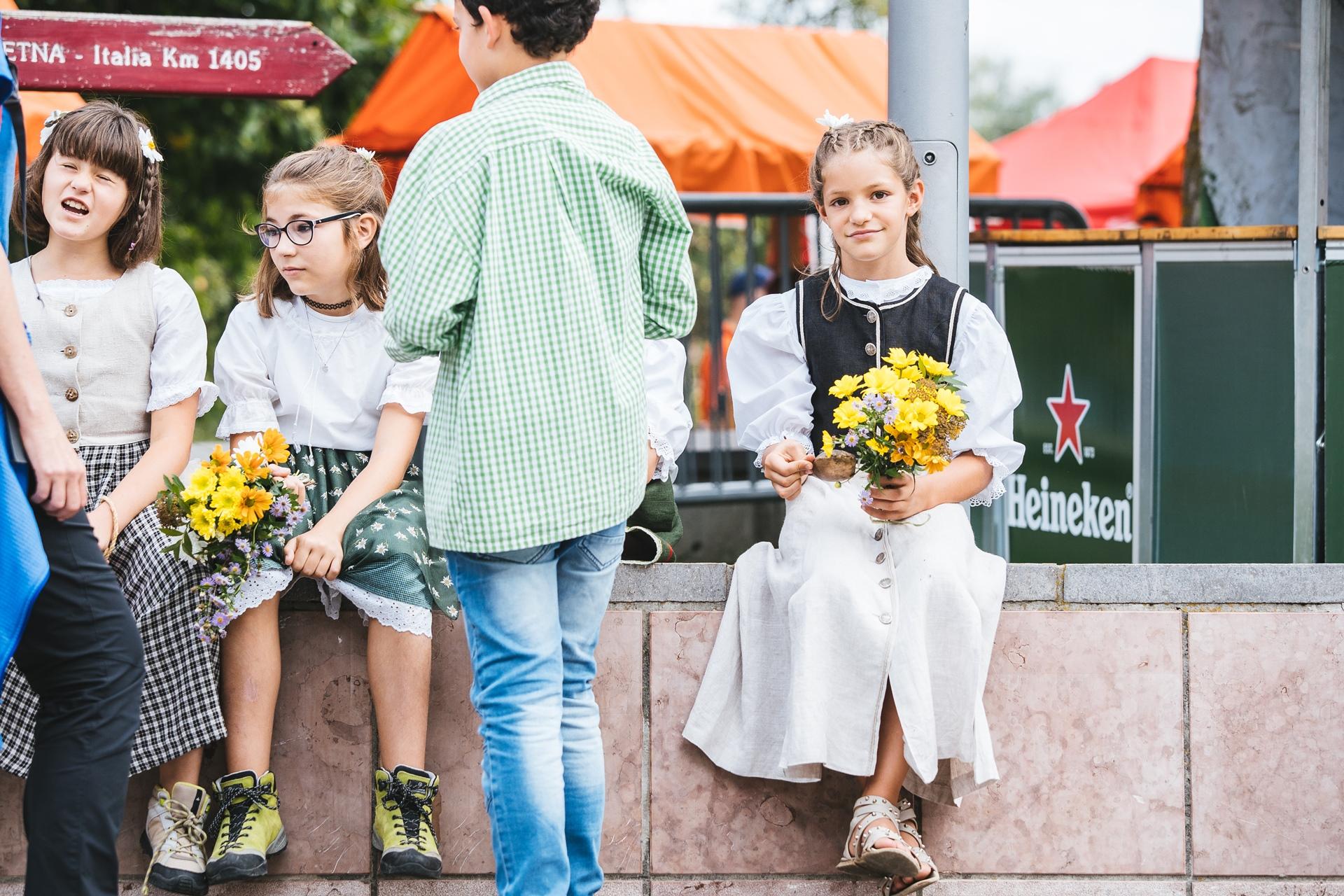
REFERENCE LIST
De Carlo, M., Caso R. (2007) Turismo e sostenibilità – principi, strumenti, esperienze. Milano, Franco Angeli.
Di Vaio, G, Debellini P. (2019) Innovazione e hospitality: quali leve per la competitività del turismo in Italia?
Accessible online at: bit.ly/SostenibilitàeInnovazione
Gubert, R., Pollini G. (2002) Turismo, fluidità relazionale e appartenenza territoriale. Milano, Franco Angeli.
